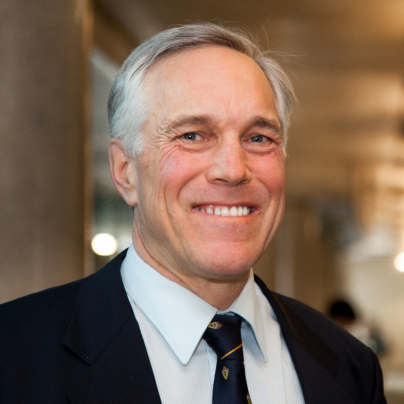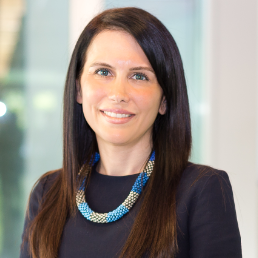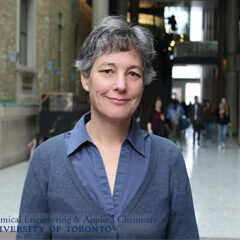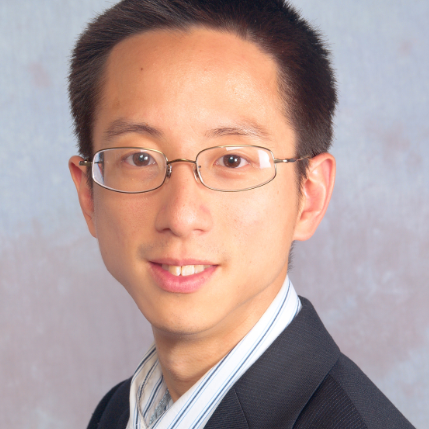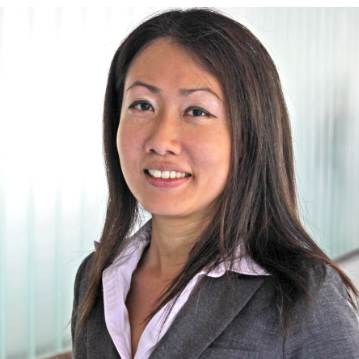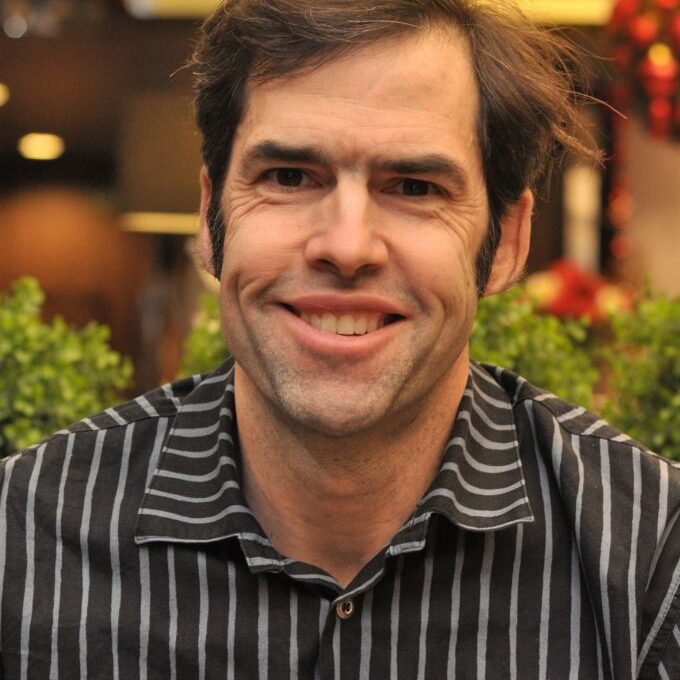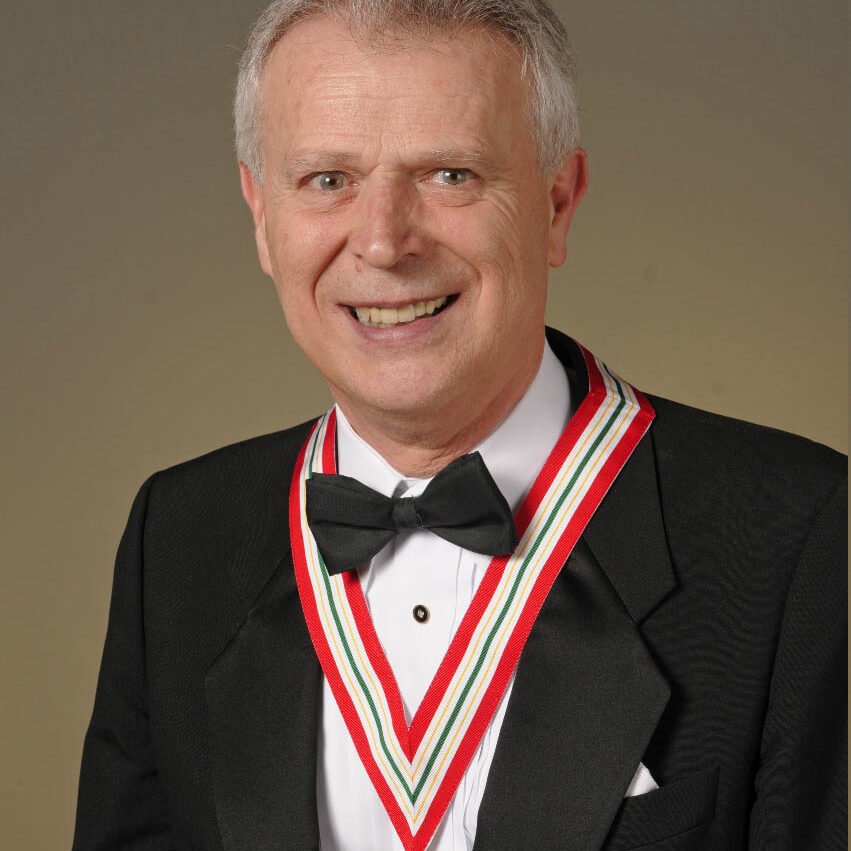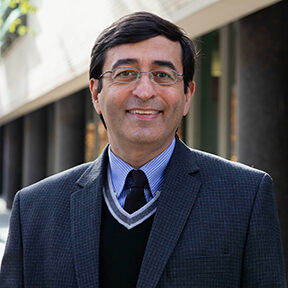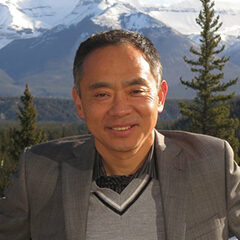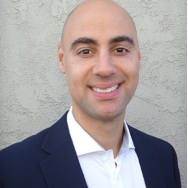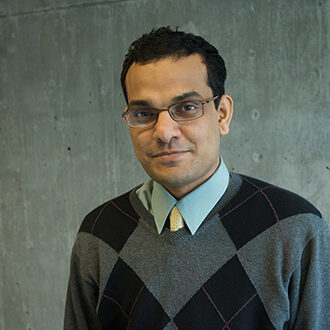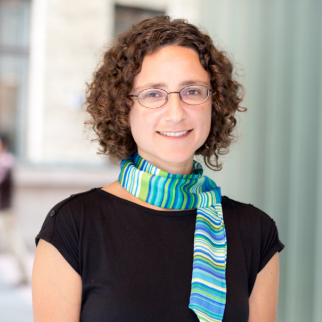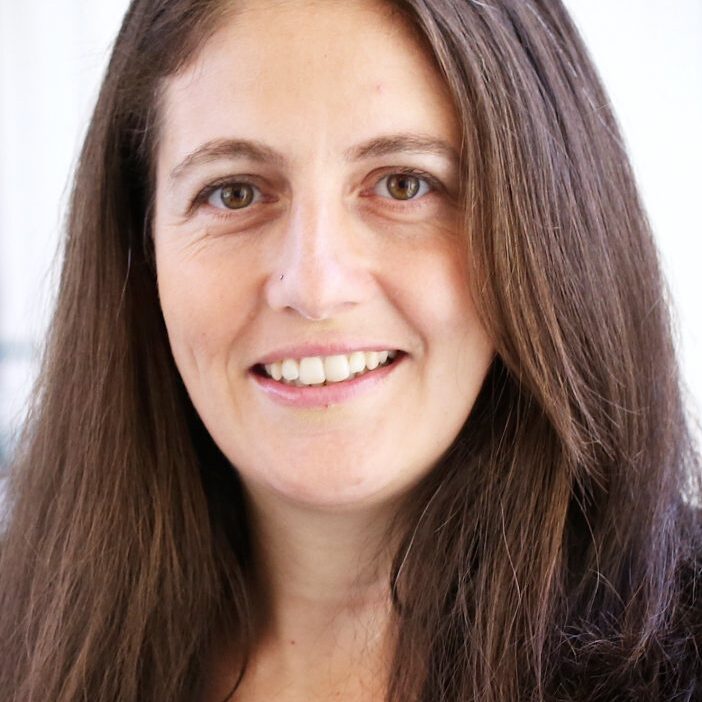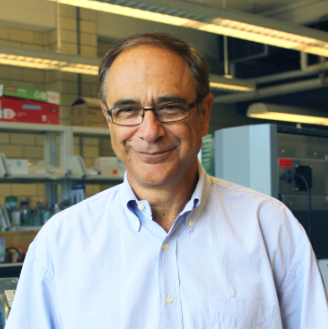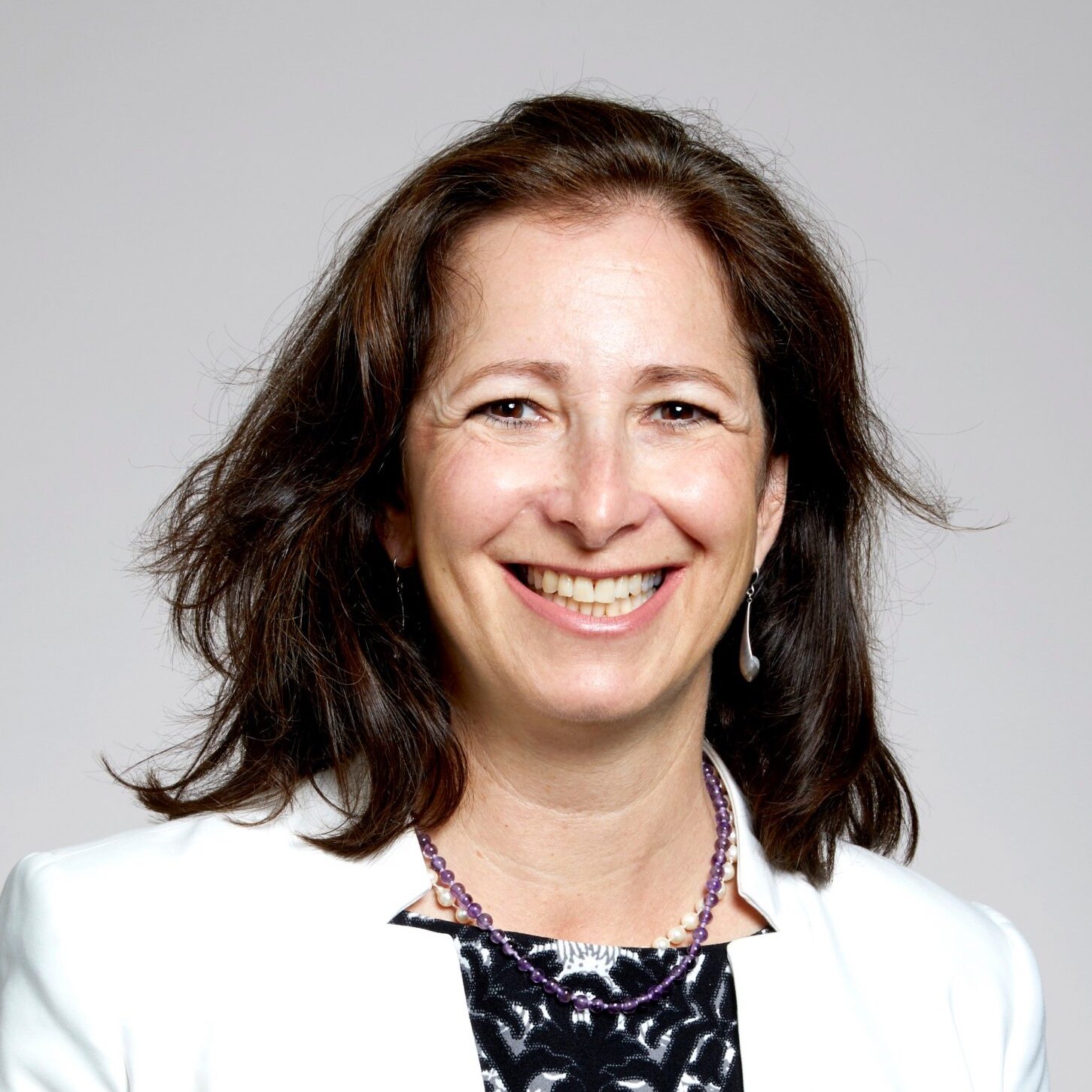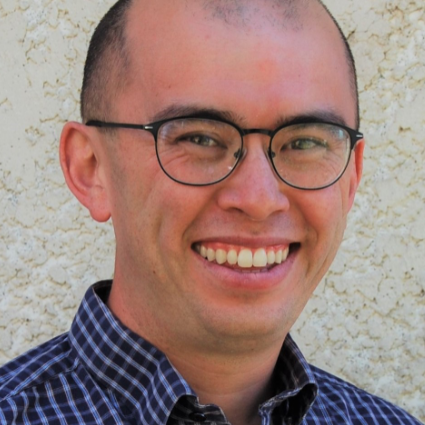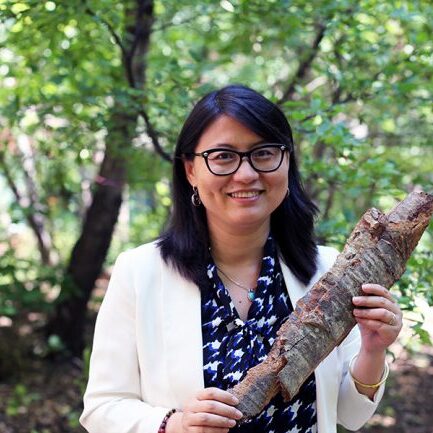Schedule
Thursday, February 22, 2024
| Time | Session | Location |
|---|---|---|
| Afternoon | Participants arrive Check-in time at the hotel is 3 p.m. | Chelsea Hotel Toronto 33 Gerrard St. W. Toronto, ON M5G 1Z4 (416) 595-1975 |
| 7:00 - 9:00 p.m. | Welcome Pub Night With Graduate Students If you are not able to attend, please let Vinthiya (vinthiya.param@utoronto.ca) know ahead of time. Pub snacks/refreshments will be provided. | Prenup Bar 191 College Street Toronto ON M5T 1P9 |
Friday, February 23, 2024
| Time | Session | Location |
|---|---|---|
| 8:30 - 9:30 a.m. | Breakfast and Welcome Breakfast will be available from 8:20 a.m. Welcome speeches will start after 9:00 a.m. | Wallberg Building (WB), #407 200 College St., Toronto ON M5S 3E7 |
| 9:30 a.m. - 12:00 p.m. | Poster Session and Lab Tours Sing up sheets for faculty interviews will be available | WB 2nd & 3rd Floor |
| 12:00 - 1:00 p.m. | Lunch With Faculty and Graduate Students | WB407 |
| 1:00 - 4:00 p.m. | Interview with professors Interviews will be 20 minutes in length with 5 minutes in between meetings. Coffee and refreshments will be available in WB247 | Faculty Offices in Wallberg |
| 4:00 - 5:00 p.m. | Lab Tours Additional time for lab tours if needed | Wallberg Building |
| 5:00 - 6:30 p.m. | Reception for Graduate and Undergraduate Students Hosted by CSChE and CEGSA | Gallbraith Building, #202 35 St. George Street Toronto, ON M5S 1A4 |
| 7:00 - 9:00 p.m. | Dinner | WB215 |
ChemE Poster Session
Allen Laboratory
Poster Title: Environmental Bioprocess Engineering
Location: WB343
Research Interests
Bioprocess engineering and its environmental applications. Biological Waste Treatment: performance and design of biological treatment systems for toxicity reduction in pulp mill effluents, biological treatment of chlorinated organic compounds, biofiltration of air pollutants. Bioconversion of waste water and waste solids into value added fuels, chemicals, materials and biosolids dewatering. Microalgae production from carbon dioxide, sunlight and wastewater for production of biofuels and biochemicals. Biofilm formation and adhesion. Microbiology and floc formation in waste treatment systems and the development of techniques of monitoring microbial communities.
Azimi Laboratory
Poster Title: Laboratory for Strategic Materials, Electrorefining of Molten Iron for End-of-Life Scrap Recycling, A Comparative Study of Carbonaceous Cathode Materials on Electrochemical Performance
Location: WB03
Research Interests
My research lies at the intersection of “Process Engineering”, “Electrochemistry” and “Materials Science." We strive to enable sustainability in terms of energy and global warming as well as materials criticality. The research program covers three themes:
Energy storage with a focus on the development of new generations of rechargeable batteries that are cost-effective, high-performance, safe, and made of earth abundant materials. The focus is on “aluminum batteries."
Urban mining with a focus on recycling and recovering strategic materials from secondary resources such as Waste Electrical and Electronic Equipment (WEEE) or industrial solid wastes.
Advance materials with a focus on innovative materials for scale-resistance and solid–liquid separation.
Evans Laboratory
Poster Title: NA - Lab tours available 3-5 p.m. One-on-one interviews to take place 2-3 p.m. Use the sign-up sheet outside the lab.
Location: WB123
Research Interests
My research examines air pollution using advanced instrumentation and data mining. Our goal is to make key connections between emissions of pollutants, the quality and composition of urban air, and the impacts on human health and the environment. Focus areas include traffic related air pollution, Identifying the sources of pollution, development of inexpensive sensors, and understanding how the sources and composition of particulate matters influences its potential to induce oxidative stress. Most of my research is executed through the Southern Ontario Centre for Atmospheric Aerosol Research (SOCAAR). SOCAAR is an interdisciplinary centre for the study of air quality, with a focus on how aerosol particles impact human health and the environment.
As the Director of the Institute for Studies in Transdisciplinary Engineering Education and Practice (ISTEP) and the Collaborative Specialization in Engineering Education (EngEd), I am also very interested in the scholarship of teaching and learning. ISTEP is a new department with 11 faculty that is taking a deeper look at what we teach engineering students, what they will do after they graduate, and how they learn the competencies and skills that will help them enjoy successful careers and bring benefits to society. The EngEd is a collaborative learning community that brings together graduate students from UofT’s Faculties of Engineering and Education. I am currently pursuing research related to the instructions of transdisciplinary competencies, metacognition, lab-based-learning, lifelong skills development, and mining student data to create richer holistic pictures on student leaning experiences.
Edwards Laboratory
Poster Title: Bioremediation and Anaerobic Digestion
Location: WB311
Research Interests
Anaerobic Microbial Community Analysis
Biodegradation, Biotransformation and Bioremediation
Anaerobic Digestion of Industrial and Municipal wastes
Chan Laboratory
Poster Title: Atmospheric Chemistry: Sources and Impacts of Particulate Matter
Location: WB02
Research Interests
Our group conducts laboratory experiments and field measurements of organic compounds in urban areas to identify their sources and chemical properties. Our current topics include:
Volatile Organic Compound and Particulate Matter Emissions from Food Cooking
Volatile Chemical Products in Canada
Mechanisms of atmospheric reactions
Wildfire-derived pollutants
Health impacts of air pollutants
Chin Laboratory
Poster Title: TBA
Location: WB11 & 103
Research Interests
Many of the challenges across the fields of environment, health, medicine, and energy can be addressed through advances in catalytic technology. The goal of my research is to advance catalytic technology by providing a deep understanding of its science at the molecular level. A second goal of this effort is to apply this new knowledge to the design of materials with novel kinetic functions that enable desirable chemical reactions to occur selectively and efficiently.
My research group synthesizes catalytic materials with purpose-built structures and compositions and applies combined methods of kinetics, spectroscopy, microkinetic modeling, and isotopic analysis to probe their dynamics and kinetic consequences in chemical reactions under conditions relevant to industrial practice. These fundamental studies are carried out in parallel with designing and fabricating “chemical-plants-on-a-chip” as compact and light-weight micro-reactor systems for small scale fuel and chemical processing.
Aside from the full range materials synthesis, kinetic evaluation, and spectroscopy capabilities in our laboratory, our group carries out in-situ X-ray absorption studies and perform theoretical calculations at the various national scientific user centers in Canada and the United States. We also collaborate extensively with experts in the complimentary disciplines of surface science and theoretical modeling.
DeMartini Laboratory
Poster Title: organics in the industrial processing of biomass
Location: WB232
Research Interests
The research in our lab is focused on the role and fate of inorganic elements in the industrial processing of biomass. The behavior of inorganic elements is critical to: recover/utilization of “waste” streams; thermal efficiency (fouling of heat transfer surfaces); the choice of materials (corrosion); and emissions. In our lab, we are studying the behavior of inorganic elements in both the aqueous streams of chemical pulp mills and the thermal conversion of biomass to chemicals and energy. A key feature of this research is that we work closely with both end users and suppliers to answer fundamental questions that have practical applications.
Diosady Laboratory
Poster Title: Field test for oil content of mustard seeds
Poster Location: Wallberg, 3rd Floor
Lab Location: HA106 & HA108 (170 College St.) - Lab tours 11:30 a.m. -12:00 p.m.
Research Interests
Food engineers adapt the unit operations of traditional chemical engineering to the specific requirements of food processing. The aim of the food engineering program is to make it possible for well-trained chemical engineers to work in the food industry, the largest secondary manufacturing industry in Canada, with less on-the-job training and adaptation than is now required.
The second major research area is processing of vegetable oils. There is inevitable conflict between the use of agricultural products for food or fuel, and I consider it unethical to divert the supply of staple foods to fuel, when there is a real need for food in most of the world. My students and I developed a process for production of protein isolates from canola, rapeseed and mustard seed. These isolates have excellent food functionality and can replace expensive meat proteins in many processed foods. We are working on developing processes that will recover food grade protein, and high quality biodiesel from a number of oilseeds and algae, thus contributing both fuel and food from crops that are now unused, or have marginal utility. Our membrane-based processes offer an opportunity to recover minor components with nutraceutical or cancer preventative value from these oil sources.
Gu Laboratory
Poster Title: Cutting edge nanotechnology for health, energy and environmental protection applications.
Location: WB419
Research Interests
Ophthalmic devices and drug delivery
Pathogen Diagnostics
Industrial Wastewater Treatment
Farnood Laboratory
Poster Title: TBA
Location: WB102
Research Interests
Water Treatment
Bio-products and Bioenergy
Micro-structure Characterization
Jia Laboratory
Poster Title: Biochar as Functional Material for Sustainability
Location: WB360 and WB361
Research Interests
The research program is designed to enhance sustainability through exploring material chemistry and engineering, developing negative emission technologies. Specifically, we create new materials that enable renewable energy and a sustainable environment. The current focus is on nanoporous carbon materials, such as biochar, carbon nanotubes and integrated graphene, derived from industrial waste and biomass. We create high-performance, biomimetic, functional materials and explore the structure-property-performance relationships of nanoporous carbon materials. With our research, novel devices for green energy storage and solar energy-driven desalination are developed. Moreover, we also study how chemicals affect the environment, for example, the climatic effect of aerosols.
Lawson Laboratory
Poster Title: Engineering Microbiomes for Sustainable Chemical Production and Resource Recovery
Location: WB316
Research Interests
My research is focuses on applying mathematical and numerical modeling in two broad areas: financial analysis and applied computational fluid dynamics (CFD). A key aspect of my research is the application of modeling to solve practical problems. My financial analysis research is primarily focused in the valuation of engineering projects with an emphasis on real options. My CFD research is primarily focused on water and wastewater treatment, and especially, UV disinfection.
Mahadevan Laboratory
Poster Title: Laboratory of Metabolic Systems Engineering
Location: WB319
Research Interests
The Lab for Metabolic Systems Engineering (LMSE) was established in the University of Toronto's Department of Chemical Engineering and Applied Chemistry under the leadership of Prof. Radhakrishnan Mahadevan in 2006. We primarily work on engineering the metabolism of microbes such as Escherichia coli and Saccharomyces cerevisiae to produce fuels, chemicals and therapeutic molecules. We also work on developing computational and experimental tools using metabolic models and synthetic biology respectively to achieve this goal.
Master Laboratory
Poster Title: Biocatalytic Upgrading of Renewable Bioresources
Location: WB333
Research Interests
Plants sustainably synthesize the most abundant and among the most diverse biopolymers and biochemicals on Earth. By applying recent advances in life sciences (e.g. genomics, high-throughput functional screens, protein design), we are developing microbial enzymes and non-lytic proteins that fine-tune the chemical, physical and morphological properties of main plant fibre components, namely cellulose, hemicelluloses, and lignins. In this way, our aim is to focus the exquisite selectivity of biocatalysts on upgrading renewable biopolymers for broader use in resource-efficient and high-value material applications. Our approach to developing value-added products from renewable bioresources benefits from three key advantages of biocatalytic reactions, 1) high specificity that is critical to controlled modification of complex starting materials, 2) moderate reaction requirements that retain valuable properties of starting plant materials (e.g. degree of polymerization), and 3) ready “programmability” of biocatalysts through protein engineering, to optimize reaction efficiency and specificity.
The biotechnologies developed through our research support the establishment of circular economies that reduce GHG emissions while creating new opportunities for forest and agricultural sectors.
McGuigan Laboratory
Poster Title: TBA
Location: BioZone, WB 4th Floor
Research Interests
Our mission in the McGuigan lab is to use tissue-engineering strategies to assemble multicellular tissue mimetic platforms that are both physiologically relevant and allow acquisition of high value data for both drug discovery and fundamental research.
Our team develops technologies to control cell organization at the tissue scale and the cellular scale and strategies to stratify and visualize complex datasets from these heterogeneous tissue systems. Further we are establishing approaches to scale our tissue models to enable integration with AI and machine learning tools. Using these platforms, we are exploring the rules of tissue self-assembly and mechanisms of disease and regeneration with a view to developing novel therapeutics.
Moosavi Laboratory
Poster Title: AI for Chemical Sciences Research
Location: WB365
Research Interests
Our principle research areas include:
- Physics-constrained deep learning methods to improve the computational data quality
- Inverse design strategies, e.g., deep generative models, for accelerated materials discovery
- Machine learning methods to develop realistic design objectives for multi-scale design
- Developing and maintaining materials datasets
Papangelakis Laboratory
Poster Title: TBA
Location: WB233
Research Interests
Research interests are in the development of novel technologies that address sustainability requirements in the extraction and processing of mineral resources. Using the fundamentals of aqueous process chemistry and engineering his research group develops hydrometallurgical solutions to process complex mineral resources for the production of metals and metallic products. A key focus of his research is to develop novel processes which reduce the impact on water resources.
Shoichet Laboratory
Poster Title: Biomaterials, Tissue Engineering and Regenerative Medicine
Location: Donnelly Centre, 5th Floor (160 College St.) - Lab tours 11-11:30 a.m.
Research Interests
Biomaterials: Polymer Science for Tissue Engineering
Targeted Delivery: We turn nuisance to nuance with the design of stable colloidal drug aggregates for targeted delivery in cancer. We investigate RNA delivery with multiple delivery platforms.
Injectable Hydrogels: Using novel hydrogels, we achieve local and sustained delivery of biomolecules to the central nervous system – the brain, spinal cord and retina – going from innovative chemistry to udemonstrating tissue and functional repair.
3-D Scaffolds: To better mimic the cellular microenvironment, we investigate the biochemical and mechanical properties of hydrogels and other cell types that influence cell fate. This allows us to discover new therapeutics for further testing in diseases like glioblastoma, lymphoma and lung disease.
Cell Delivery: Two key challenges in stem cell transplantation are cell survival and cell integration. Through careful design of the environment in which cells are transplanted, we have achieved greater success in cell transplantation to the eye, brain and spinal cord for application in blindness, stroke and spinal cord injury, respectively.
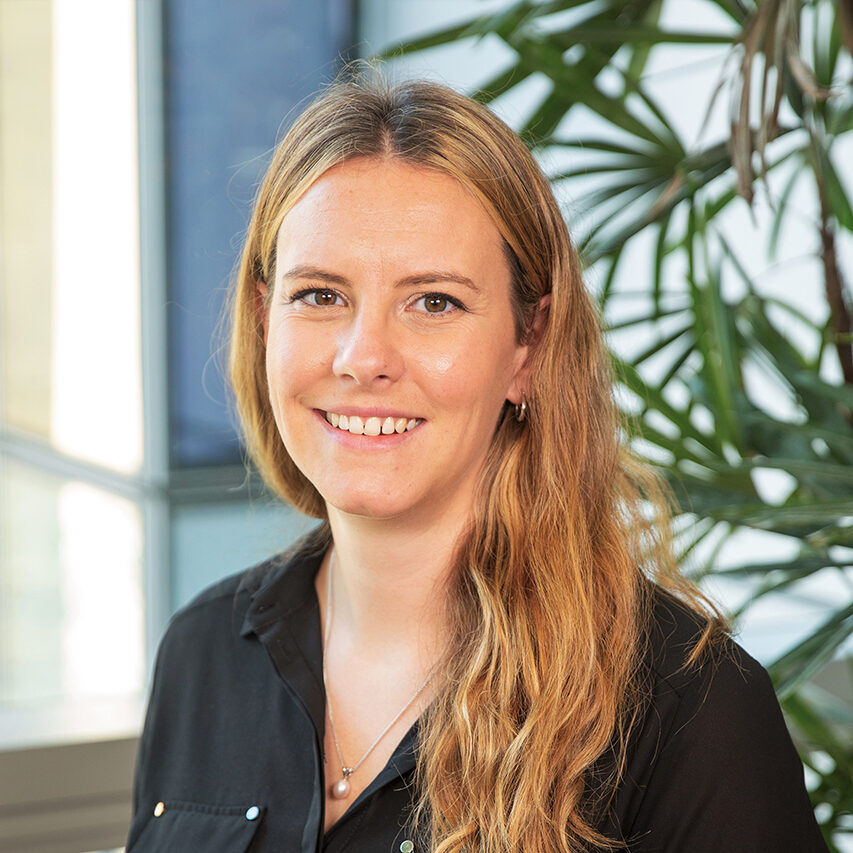
Professor Nicole Weckman
Weckman Laboratory
Poster Title: CRISPR-based diagnostics for the detection of Candida and antimicrobial resistance mutations
Location: WB302
Research Interests
My research group develops sensitive and quantitative biological and biochemical sensors at the interface of cell-free synthetic biology and microscale and nanoscale sensing systems. We focus on engineering design for clinical and commercial translation with a particular emphasis on how these sensors can be used to improve global health and protect our environment.
Werber Laboratory
Poster Title: Advanced Membranes Lab
Location: WB366 (also WB233 and WB364)
Research Interests
Specific research areas include:
- Fundamental transport behavior of polymeric desalination membranes
- Synthesis of next-generation desalination membranes
- Design of high-performance electrodialysis membranes
- Synthesis of novel porous membranes for ultrafiltration and emerging applications
- Facilitated transport membranes for highly selective ion/ion separations
Yan Laboratory
Poster Title: Research in Advanced Biomaterials and Biochemicals
Location: Earth Science Centre, #2008 (22 Ursula Franklin St)
Research Interests
Biobased Chemicals and Products from Renewable Biomass
With increased global concern over environmental issues, there is a strong interest in developing sustainable technologies to derive fuels and chemicals from renewable feedstock. Renewable biomass materials are particularly attractive since they contain large amounts of renewable carbon and a variety of biochemicals with potential applications for a wide range of industries. They are well suited for producing biochemicals and materials replacing fossil fuel derived products for a more sustainable society. Our current research covers: extraction, deconstruction, conversion of biomass to chemical precursors and intermediates; synthesis and development of novel bio-based polymers, adhesives, resins, and polyols; design and production of lightweight biobased composites and foams; utilization of cellulose, lignin, extractives, starch, and biocarbon for industrial applications, green lignocellulosic based devices and wearables, etc.
Smart and Functional Materials
We are developing smart and functional materials, such as super hydrophobic coatings, nanocomposites with superior strength, flexibility, and toughness, electrically conductive CNT, graphene, and conductive polymer in combination with lignocellulosic materials as sensors and energy storage devices, and wearable electronics.
Contact Info
Program admission contact
Joan Chen, Graduate Assistant, ChemE
gradassist.chemeng@utoronto.ca
Chemical Engineering Graduate Student Association (CEGSA)
Arianna Skirzynska, President, CEGSA
arianna.skirzynska@mail.utoronto.ca
Event Contact
Vinthiya Paramananthasivan
